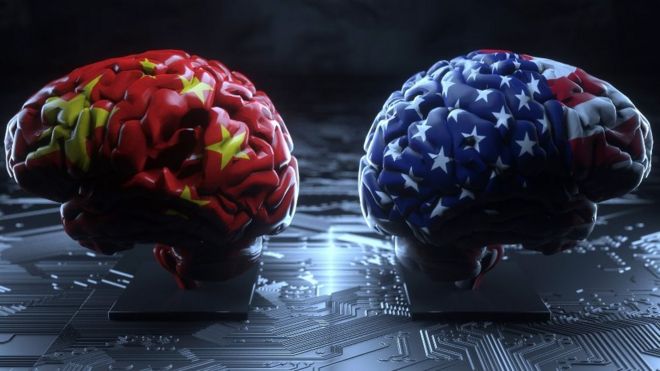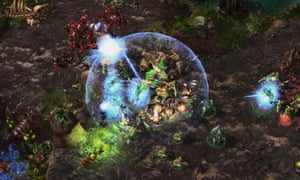The United States is the global leader in the production of computer chips and semiconductors. In a recent move that seeks to undermine the authority of another global powerhouse, the U.S has decided to stop selling chip components to several Chinese computer companies, specifically those in the AI development sector such as voice and face recognition software companies. This move is part of the larger power struggle occurring between both nations. China does seem to be in trouble as they domestically produce just 16% of the chip components they use. Beijing has noted that its goal is to increase that number to 40% by the end of next year and to 70% by 2025.

Despite the lofty goals set, China's AI sector could suffer a set back. Over the recent weeks, Chinese tech giants Huawei and Alibaba have unveiled new computer chips meant to increase the speed of machine learning. The further implication of such a development is the impact on the military technology sector in China. Looking like a preventative measure more than anything, the U.S seeks to halt the production of AI military software that could pose a threat later on. As much as it is a power move to constrict AI development in China, it is also a defensive measure to reduce China's geopolitical power by attacking its AI development.
The
BBC Article



